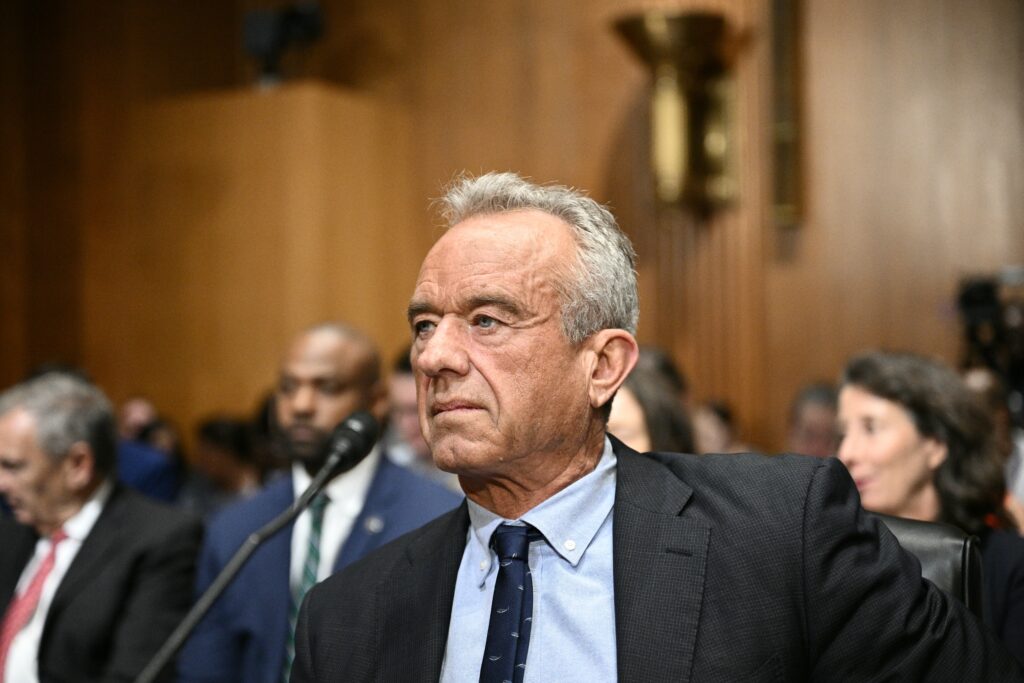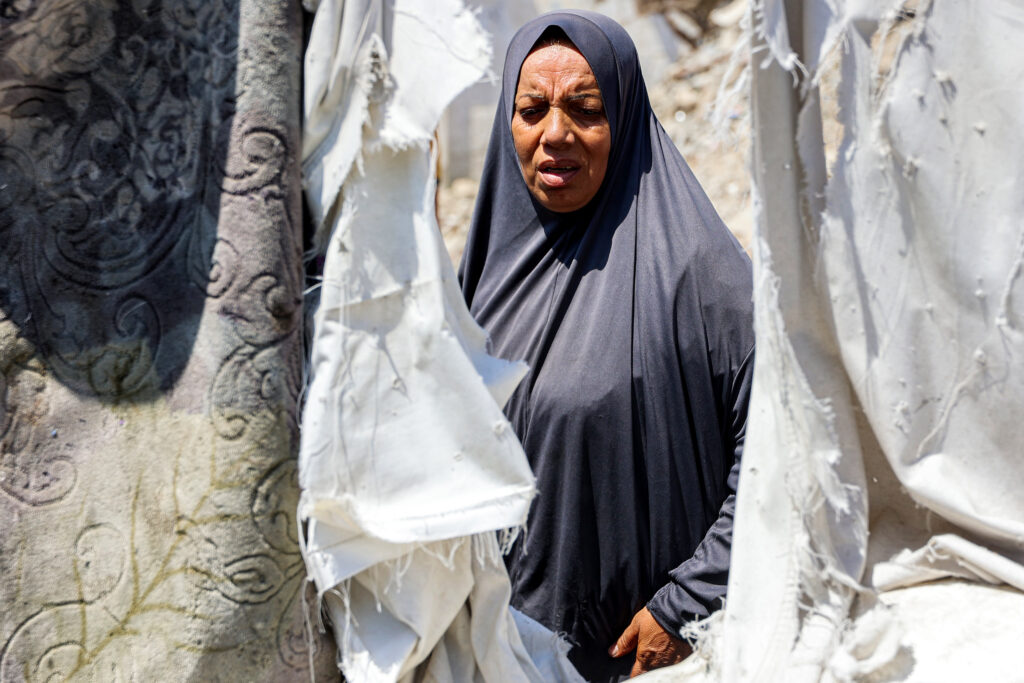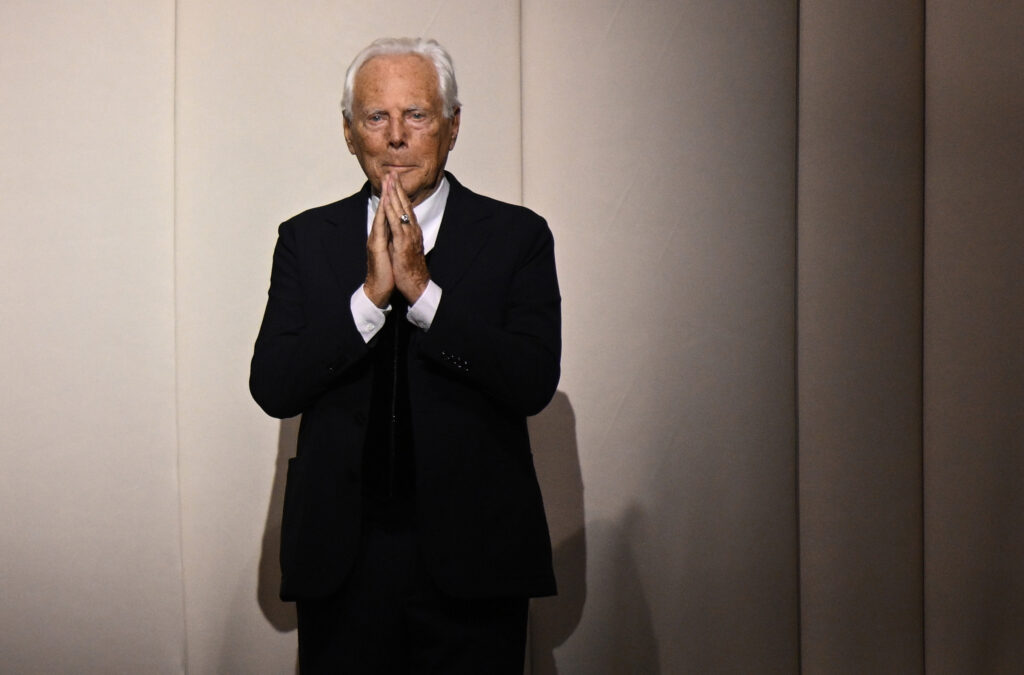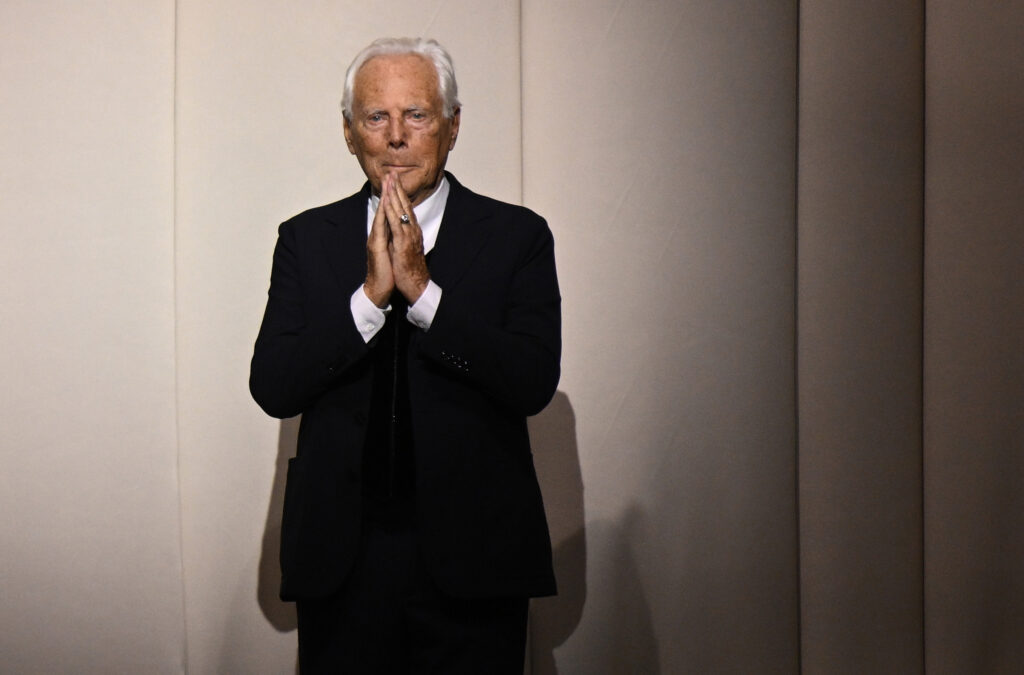Garanties de sécurité à l’Ukraine : 26 pays se sont engagés à être présents “sur le sol, en mer ou dans les airs” (Macron)
Vingt-six pays, essentiellement européens, se sont “engagés” à participer à une “force de réassurance” dans le cadre d’un futur cessez-le-feu russo-ukrainien, en déployant des troupes en Ukraine ou en étant “présents sur le sol, en mer ou dans les airs”, a annoncé jeudi Emmanuel Macron.”Cette force n’a pas pour volonté ou pour objectif de mener quelque guerre contre la Russie”, a dit le président français devant la presse à Paris après une réunion de la “Coalition des volontaires”, ces Etats essentiellement européens soutenant l’Ukraine et après un contact téléphonique entre les principaux alliés européens et Donald Trump.Il a assuré que le “soutien américain” à ces “garanties de sécurité” pour Kiev serait finalisé “dans les prochains jours” et que les Américains avaient “été très clairs” sur leur participation. “Il n’y a pas de doute sur ce sujet”, a-t-il martelé. Le président ukrainien Volodymyr Zelensky a à ce propos insisté : “Nous comptons sur le +backstop+ (+filet de sécurité+) des Etats-Unis”. Après que vingt-six pays ont donc désormais “formalisé très précisément leur contribution”, M. Macron a refusé de “révéler le détail de notre organisation à la Russie”.L’Allemagne, l’Italie et la Pologne “font partie des 26 contributeurs qui ont défini des soutiens”, a-t-il toutefois dit, “soit pour la régénération de l’armée ukrainienne, soit pour la sécurité sur son sol, dans ses airs, en mer”. Le chef de l’Etat français a rappelé qu'”en février 2024, dans cette même salle, (…) nous étions deux à dire que peut-être on serait prêts un jour à mettre des troupes sur le terrain. Il y avait la Lituanie et la France. Deux. Et je rappelle que l’atmosphère était assez négative”.Les garanties de sécurité “visent d’abord à ce que, dans la négociation, il n’y ait aucune limitation de format ou de capacité pour l’armée ukrainienne”, a-t-il rappelé. “C’est ce que nous défendons, ce que nous défendrons jusqu’au bout.”Emmanuel Macron a aussi assuré que les Européens prendraient de nouvelles sanctions “en lien avec les Etats-Unis” si Moscou continuait de refuser la paix. Il a précisé qu’il y aurait “des contacts à nouveau entre Américains et Russes”.









